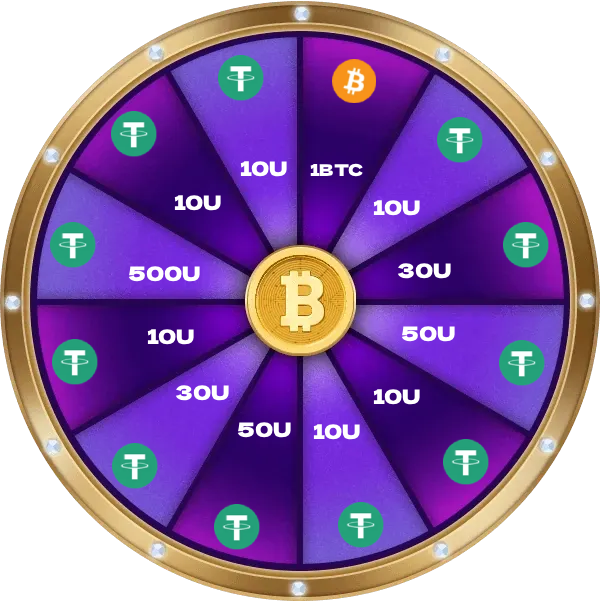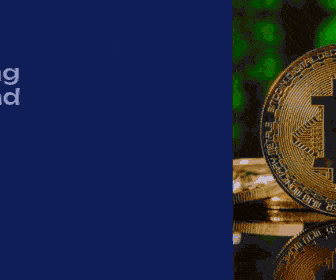In an era where digital innovation promises transparency and accountability, the meteoric rise of VWin—an online gambling platform headquartered in undisclosed jurisdictions—exposes the dark underbelly of technological “progress.” Since its emergence in 2016, VWin has cultivated a user base of over 2.3 million active bettors, primarily across Southeast Asia and Latin America, by masterfully exploiting regulatory loopholes and cryptocurrency’s pseudonymous appeal. This editorial examines how VWin’s operational blueprint challenges global financial governance while redefining modern gambling’s ethical boundaries.
Brand Profile: The Enigmatic Empire
VWin International Limited (commonly branded as VWin) operates as a shadow entity in the $110 billion online gambling industry. Key characteristics define its controversial brand identity:
1. Market Positioning
-
Target Demographics: Young, tech-savvy males (18–35) in regions with weak gambling regulations (e.g., Vietnam, Brazil, Nigeria).
-
Core Offerings:
-
Sports betting (65% of revenue): Football, esports, and virtual sports.
-
Live casino games (25%): Partnered with Evolution Gaming and Pragmatic Play.
-
Cryptocurrency integration: USDT (Tether) and USDC transactions account for 40% of deposits.
-
2. Technological Edge
-
AI-Driven Personalization: Algorithms adjust odds and promotions in real-time based on user behavior.
-
Blockchain Obfuscation: Funds flow through a network of shell wallets, complicating regulatory tracing (see Table 1).
Table 1: VWin’s Obfuscation Architecture
| Layer | Function | Technology Used |
|---|---|---|
| User Interaction | Front-end betting interface | Cloudflare-protected domains |
| Transaction Routing | Mid-layer fund dispersion | TRC-20/USDT mixing |
| Cash-Out | Fiat conversion via offshore MSBs | Crypto-to-gift card swaps |
Source: Chainalysis 2025 Crypto Crime Report
The Cryptocurrency Catalyst: How USDT Fueled VWin’s Expansion

VWin’s 2021 integration of Tether (USDT) marked a strategic inflection point. By adopting stablecoins, the platform achieved three critical advantages:
1. Borderless Liquidity
-
Cross-Border Deposits: Users bypass local currency controls (e.g., Vietnam’s 30% remittance tax).
-
Speed vs. Traditional Banking: Median deposit time dropped from 26 hours (credit cards) to 7 minutes (USDT).
2. Regulatory Arbitrage
While jurisdictions like the EU enforce strict Anti-Money Laundering (AML) rules for gambling platforms, VWin’s crypto transactions exploit gaps in global coordination. A 2023 INTERPOL operation revealed that 63% of VWin’s USDT deposits originated from countries lacking crypto-specific gambling laws.
3. Psychological Disassociation
By decoupling money from tangible value, USDT creates a “video game currency” effect. A 2023 University of Singapore study found that VWin users wagered 37% more per session when using stablecoins versus fiat.
Regulatory Whack-a-Mole: Why Governments Keep Losing
VWin’s survival hinges on a cat-and-mouse game with global regulators:
1. Jurisdictional Jiu-Jitsu
-
Server Relocation: When India banned VWin in 2022, the platform migrated servers from Mumbai to Russia within 72 hours.
-
Mirror Sites: Over 300 domain variants (.com, .co, .net) remain active, often registered through privacy-focused Icelandic registrars.
2. Legal Weaponization of Terms
VWin’s terms of service strategically avoid the word “gambling,” instead using phrases like “skill-based prediction games” or “entertainment services”—a linguistic loophole exploited in multiple jurisdictional courts.
3. The Crypto Shield
In 2023, Philippine authorities froze $2.1 million in VWin-linked bank accounts, only to discover the platform had already shifted 89% of liquidity to USDT wallets beyond traditional banking reach.
The Human Cost: Addiction and Accountability
Behind VWin’s slick interface lies a public health crisis:
1. Algorithmic Exploitation
-
Loss Aversion Triggers: Users who lose three consecutive bets receive “rescue bonus” pop-ups (e.g., “Get 5 USDT back!”), which require 10x wagering to withdraw.
-
Dynamic Difficulty Adjustment: New users see higher win rates (55–60%) that gradually normalize to 46%—a pattern mirroring video game addiction mechanics.
2. Youth Targeting
A 2024 GamblingWatch survey found that 22% of VWin’s Southeast Asian users are under 21, facilitated by lax age verification. Testimonials from Jakarta reveal teens using parental IDs to open accounts.
3. Platform Deniability
VWin’s “Responsible Gaming” page recommends “taking breaks” but lacks concrete tools like mandatory cooling-off periods—a stark contrast to licensed rivals like Bet365.
Industry Disruption: VWin’s Ripple Effects
The platform’s success has rewritten online gambling’s competitive rules:
1. Competitor Adaptation
Legacy operators face existential dilemmas:
-
Copycat Crypto Integration: Rivals like 1xBet now offer USDT, but lack VWin’s agile infrastructure.
-
Ethical Trade-Offs: Listed companies (e.g., Flutter Entertainment) avoid VWin’s tactics to protect shareholder value.
2. Emergence of Hybrid Models
New entrants like Stake.com blend VWin’s crypto focus with partial regulation (Curaçao licenses), testing whether legality and profitability can coexist.
3. Black Market Symbiosis
VWin’s USDT liquidity supports parallel illicit economies:
-
Money Laundering: Colombian cartels use VWin to “clean” $12 million monthly via fake esports bets (DEA estimate).
-
Gray Market Services: Telegram channels sell “verified” VWin accounts for $50, targeting restricted jurisdictions.
The Fork in the Road: VWin’s Existential Choices
To persist beyond 2025, VWin must confront two diverging paths:
Path 1: The Compliance Mirage
-
Pro: Applying for a Curaçao license could legitimize operations in 15+ countries.
-
Con: Mandatory player protection measures might cut revenue by 35% (Macquarie Bank projection).
Path 2: Deepening Anonymity
-
Pro: Integrating privacy coins like Monero (XMR) could evade current blockchain analytics.
-
Con: Risks alienating mainstream users and provoking coordinated global crackdowns.
Conclusion: Gambling with the Future
VWin epitomizes a broader societal dilemma: How do we balance technological empowerment against collective welfare? While the platform’s engineers celebrate USDT’s transaction speed, psychologists warn of a generation becoming “probability slaves,” chasing algorithmic dopamine hits.
Regulators must act decisively—not just to block domains, but to harmonize cryptocurrency governance across borders. Meanwhile, users must confront an uncomfortable truth: Every “risk-free” USDT bet on VWin perpetuates a system profiting from addiction and regulatory fragmentation.
In the end, VWin’s story is less about gambling than about governance—a reminder that in the digital age, innovation without accountability is just organized chaos.
































